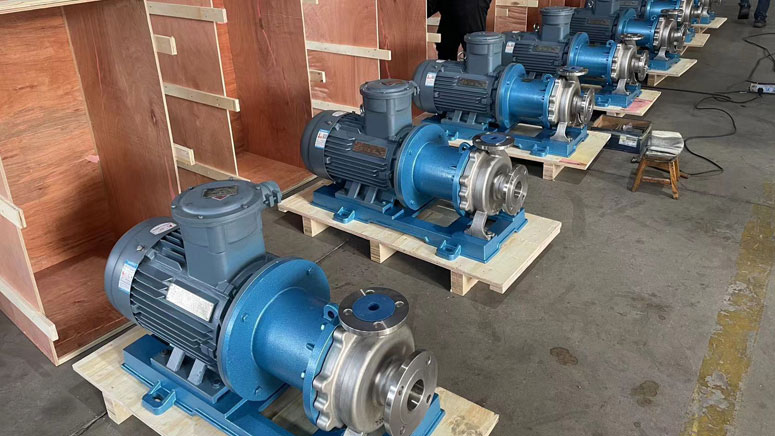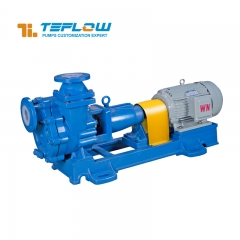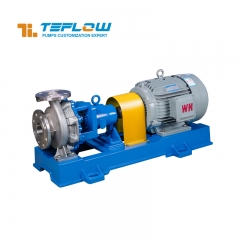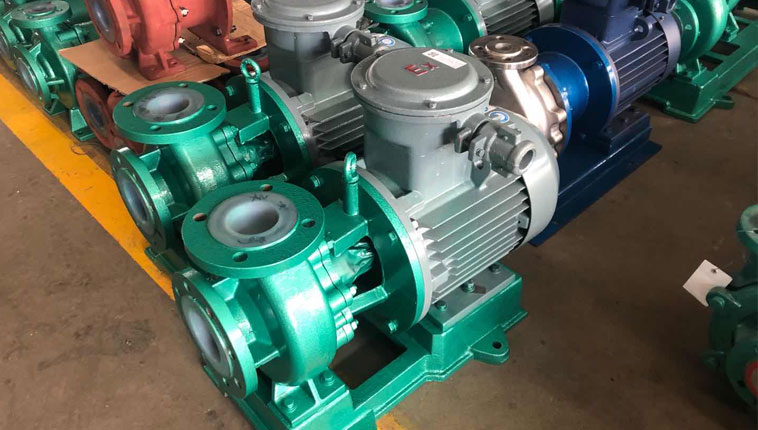Magnetic drive pumps play a pivotal role in fluid handling, known for their efficient and seal-less operation. However, users may encounter challenges related to demagnetization. In this article, we delve into the reasons behind demagnetization in magnetic drive pumps, shedding light on factors that impact their magnetic integrity.
1. Magnetic Drive Pump Overview:Before exploring demagnetization, let's briefly understand how magnetic drive pumps operate. These pumps utilize magnetic coupling to transfer torque from the motor to the pump, eliminating the need for a traditional shaft seal and minimizing the risk of fluid leakage.
2. Causes of Demagnetization:
Temperature Extremes:Elevated temperatures can impact the magnetic properties of the pump, leading to demagnetization.
Operating the pump outside its specified temperature range may compromise the integrity of the magnetic components.

Chemical Compatibility:Exposure to corrosive or chemically aggressive fluids can accelerate the demagnetization process. It's crucial to consider the compatibility of materials used in the magnetic coupling with the pumped fluid.
Mechanical Stress:Excessive mechanical stress, such as sudden impacts or continuous vibrations, can contribute to demagnetization. Proper installation and regular maintenance can mitigate the risk associated with mechanical stress.
3. Mitigation Strategies:
Temperature Control:Ensure that the pump operates within the recommended temperature range. Implementing cooling mechanisms or using materials with enhanced thermal stability can help manage temperature-related demagnetization.
Material Selection:Choose materials for the magnetic coupling that are resistant to corrosion and chemical degradation. Compatibility with the pumped fluid is critical for long-term magnetic integrity.
Proper Installation:Follow manufacturer guidelines for installation to minimize mechanical stress on the pump. This includes correct alignment, secure mounting, and measures to reduce vibrations.
Regular Maintenance:Implement a routine maintenance schedule to detect and address issues promptly. Inspections, lubrication, and component replacements as needed can extend the life of the magnetic drive pump.
Demagnetization in magnetic drive pumps can be attributed to various factors, emphasizing the importance of proactive measures. By understanding and addressing the causes, users can enhance the longevity and reliability of their magnetic drive pumps. Implementing proper operating conditions, material considerations, and maintenance practices ensures optimal performance in diverse fluid-handling applications.





 +86 18130251359
+86 18130251359 teflowpumps@tlpumps.com
teflowpumps@tlpumps.com











 +86+0563-5093318
+86+0563-5093318
